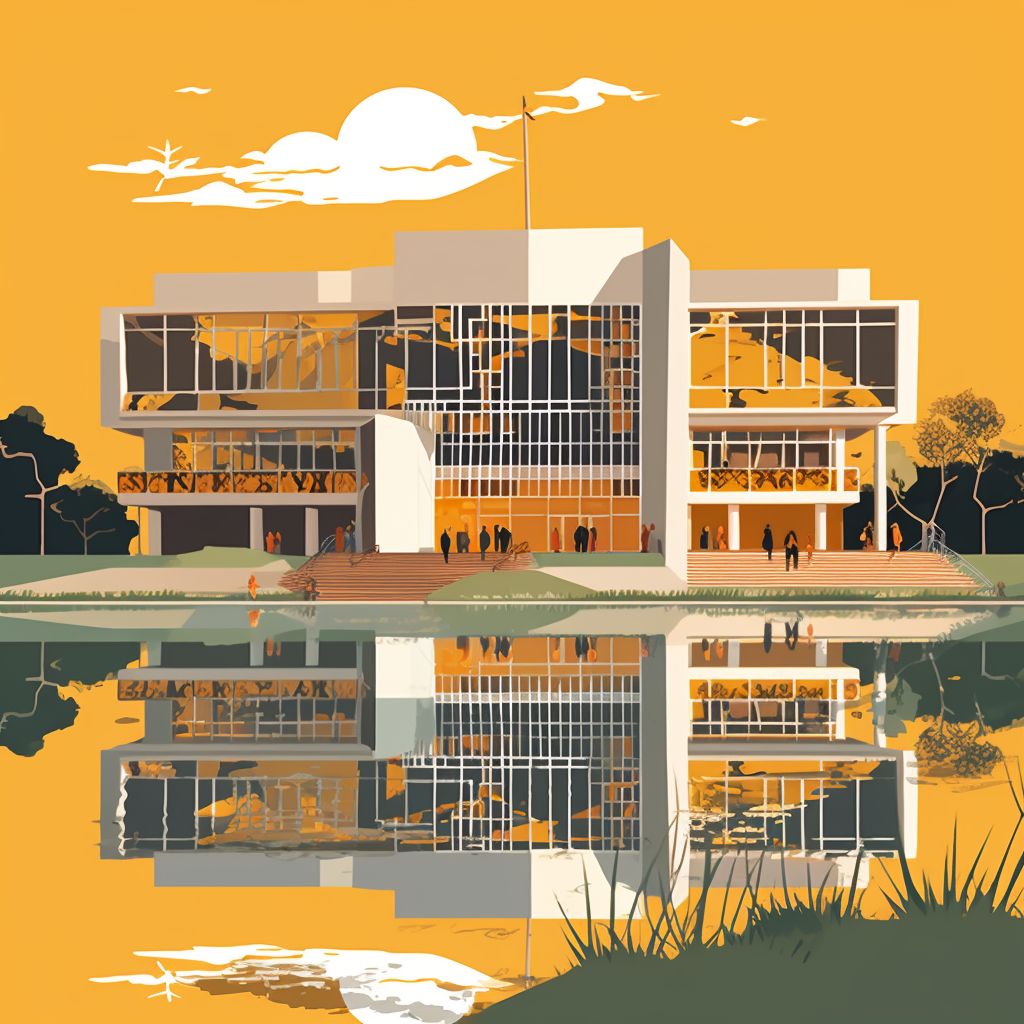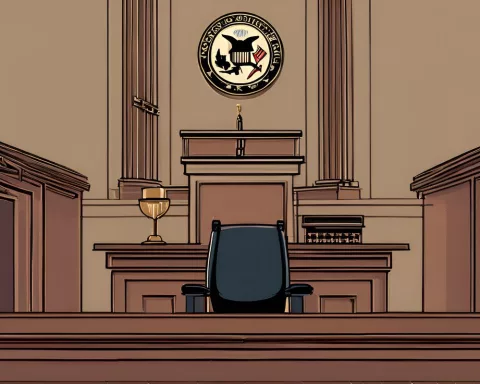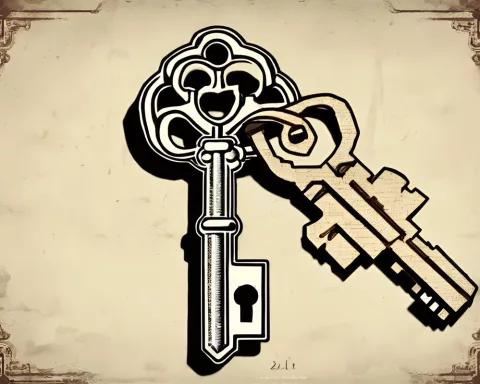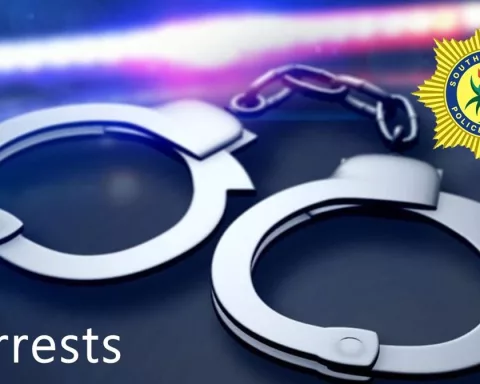On June 23rd, Dr. Blade Nzimande, the Minister of Higher Education, Science, and Innovation, visited the University of Fort Hare in a series of follow-up engagements with the University Council and various stakeholders.
A Rich History
The University of Fort Hare has a rich history as a key institution for black higher education in South Africa during apartheid. It has produced notable alumni such as Nelson Mandela and Oliver Tambo.
Collaborative Consultations
Dr. Nzimande’s visit began with a series of consultations between 9:00 am and 12:30 pm. Various stakeholders, including the University Council, Executive Management, Trade Unions, and the Student Representative Council, were part of the collaborative approach to understand the challenges and successes faced by the institution.
Engaging the Community
Dr. Nzimande’s visit served as an opportunity to engage with the University of Fort Hare’s community, creating a dialogue that would ultimately benefit the institution and its stakeholders. This visit highlights the importance of the university in the national landscape, and the ongoing commitment to the advancement of education and equality throughout the country.
Campus Tour
During the visit, Dr. Nzimande explored the campus and its facilities, including the Phyllis Ntantala Collaborative Library. The library stands as a symbol of the university’s dedication to academic excellence and serves as a hub for students and faculty.
Media Briefing
Following the consultations, Dr. Nzimande held a media briefing at the University of Fort Hare’s Phyllis Ntantala Collaborative Library. The briefing allowed the minister to share insights from his visit and engage with the media in an open and transparent manner.
Accessibility
The University of Fort Hare ensured that the event was accessible to a wider audience by providing links to platforms such as Facebook, Twitter, LinkedIn, WhatsApp, and email. This speaks to the university’s commitment to openness and transparency.
A Commitment to Education
Dr. Blade Nzimande’s visit to the University of Fort Hare highlights the commitment of the South African government to higher education and the role that institutions like Fort Hare play in the country’s development. By engaging with various stakeholders and exploring the campus, the minister demonstrated a genuine interest in the university’s welfare.
A Reminder of the Value of Education
The University of Fort Hare remains an essential institution in South Africa. The engagement with its stakeholders by Dr. Nzimande serves as a reminder of the value placed on education and its role in shaping the nation’s future. Through collaboration and engagement, institutions like Fort Hare can continue to thrive and make a lasting impact on the lives of its students and the country as a whole.












